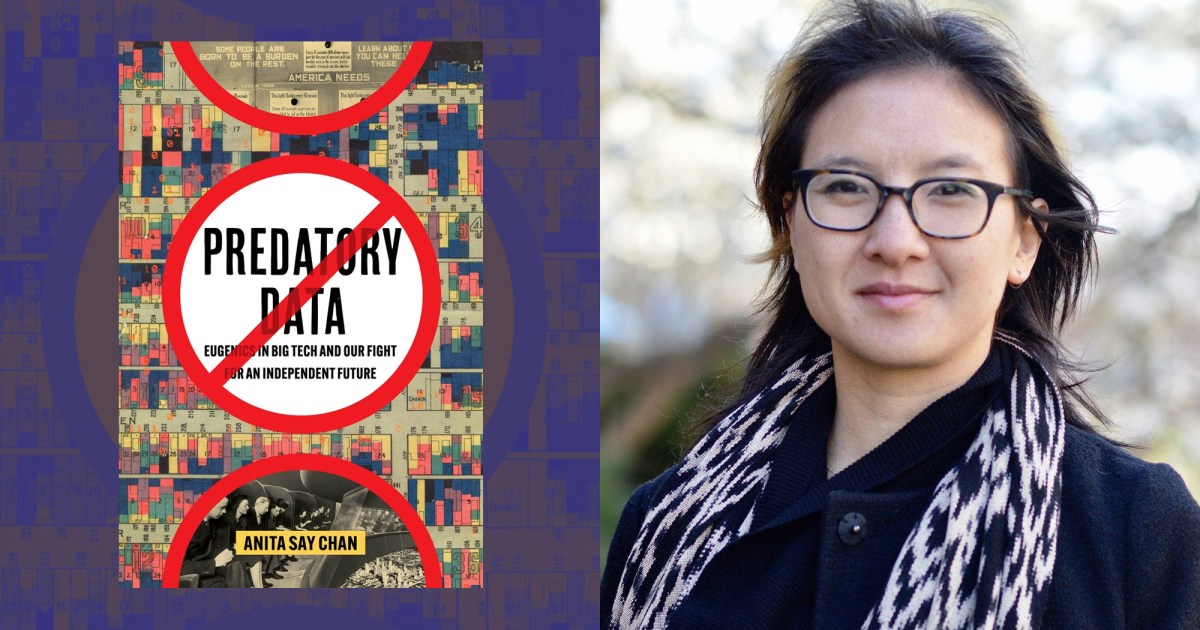The Resurgence of Eugenics: Understanding Its Role in Modern Technology
As we navigate through the complexities of modern technology, it becomes increasingly apparent that the controversial principles of eugenics are resurfacing in unexpected ways. The term “eugenics,” which historically refers to the idea of improving the human population through selective breeding, has taken on new dimensions in today’s tech-driven world. This exploration aims to unveil how these outdated ideologies are influencing contemporary innovations, raising significant ethical questions and sparking heated debate within society.
The Historical Context of Eugenics
To understand the resurgence of eugenics, it is important to first grasp its historical context. Emerging in the late 19th century, eugenics gained traction as a pseudoscientific movement that advocated for the improvement of human genetic traits through controlled reproduction. Prominent figures like Francis Galton, who coined the term, suggested that society could enhance intelligence, physical health, and moral character by promoting reproduction among individuals deemed “fit” while discouraging it among those considered “unfit.”
However, the implications of these ideas were catastrophic. The eugenics movement fueled discriminatory policies, including forced sterilizations and marriage restrictions, particularly targeting marginalized communities. The horrors of World War II, where eugenic ideas contributed to the Holocaust, led to a significant discrediting of the movement. Yet, as technology progresses, echoes of these ideologies persist.
Modern Technology and Genetic Engineering
Today’s technological advancements, particularly in genetic engineering, have sparked renewed interest in eugenic principles. Techniques like CRISPR (Clustered Regularly Interspaced Short Palindromic Repeats) allow scientists to edit genes with unprecedented precision. While these innovations hold tremendous potential for eradicating genetic diseases, they also raise ethical dilemmas reminiscent of eugenics.
For instance, the prospect of “designer babies”—children whose genetic traits are selected based on parental preferences—has ignited debates over the moral implications of such choices. Questions arise about the societal pressure to conform to certain standards of health, intelligence, and appearance. Furthermore, the accessibility of these technologies poses concerns about genetic inequality, where only the wealthy can afford enhancements, potentially leading to a new form of social stratification.
The Role of Artificial Intelligence in Genetic Selection
Artificial intelligence (AI) is another facet of modern technology that intersects with eugenic ideologies. AI systems are increasingly being developed to analyze genetic data, predicting the likelihood of certain traits or diseases in individuals. While this can lead to improved healthcare outcomes, it also poses risks of reinforcing stereotypes and biases.
Algorithms trained on historical data may inadvertently perpetuate existing prejudices, leading to discriminatory practices in healthcare and insurance. For instance, if AI systems favor data from certain populations over others, it might skew the understanding of genetic predispositions, affecting the quality of care for underrepresented groups.
Ethical Considerations and Societal Impact
The resurgence of eugenics principles in modern technology raises critical ethical questions. How do we balance the potential benefits of genetic engineering with the moral responsibility to avoid repeating the mistakes of the past? Here are several key ethical considerations:
- Informed Consent: Individuals must be fully informed about the implications of genetic testing and editing. This includes understanding the potential long-term consequences for their offspring.
- Equity and Access: Ensuring equitable access to genetic technologies is crucial. Without regulation, there’s a risk that only affluent families will benefit from enhancements.
- Respect for Diversity: Emphasizing the value of genetic diversity is essential. Society should celebrate differences rather than seek to eliminate them.
- Long-Term Consequences: The long-term effects of gene editing are still largely unknown. The potential for unforeseen genetic complications necessitates caution.
Public Discourse and Education
As these discussions unfold, public discourse becomes vital. Open conversations about the implications of genetic technology and eugenics must be encouraged across all societal sectors, including ethics committees, scientific communities, and the general public. Education plays a key role in fostering understanding and responsible use of these technologies.
Moreover, interdisciplinary approaches that include ethicists, sociologists, and geneticists can help create comprehensive frameworks that address the multifaceted challenges posed by emerging technologies. Collaborative efforts can lead to policies that prioritize human rights while promoting scientific advancement.
The Future of Eugenics in a Technological World
Looking ahead, the resurgence of eugenics in modern technology presents both challenges and opportunities. As we harness the power of genetic engineering and AI, we must remain vigilant to ensure that these advancements do not lead us down a path of discrimination and ethical violations.
Encouragingly, there is growing awareness of the importance of ethical considerations in scientific research. Organizations worldwide are advocating for responsible genetic practices, emphasizing the need for regulations that protect individual rights and promote inclusivity. Furthermore, discussions around the implications of genetic technology are becoming more mainstream, allowing for a broader range of voices to contribute to shaping the future.
Conclusion
The resurgence of eugenics in the age of technology is a complex and multifaceted issue that warrants careful examination. While the potential for advancements in genetic engineering and AI is immense, we must navigate these waters with caution. By prioritizing ethical considerations, fostering public discourse, and advocating for equitable access, society can harness technological innovation while avoiding the pitfalls of its historical precedents. As we stand on the brink of a new era, the lessons learned from the past can guide us toward a more inclusive and ethical future.
See more Future Tech Daily

